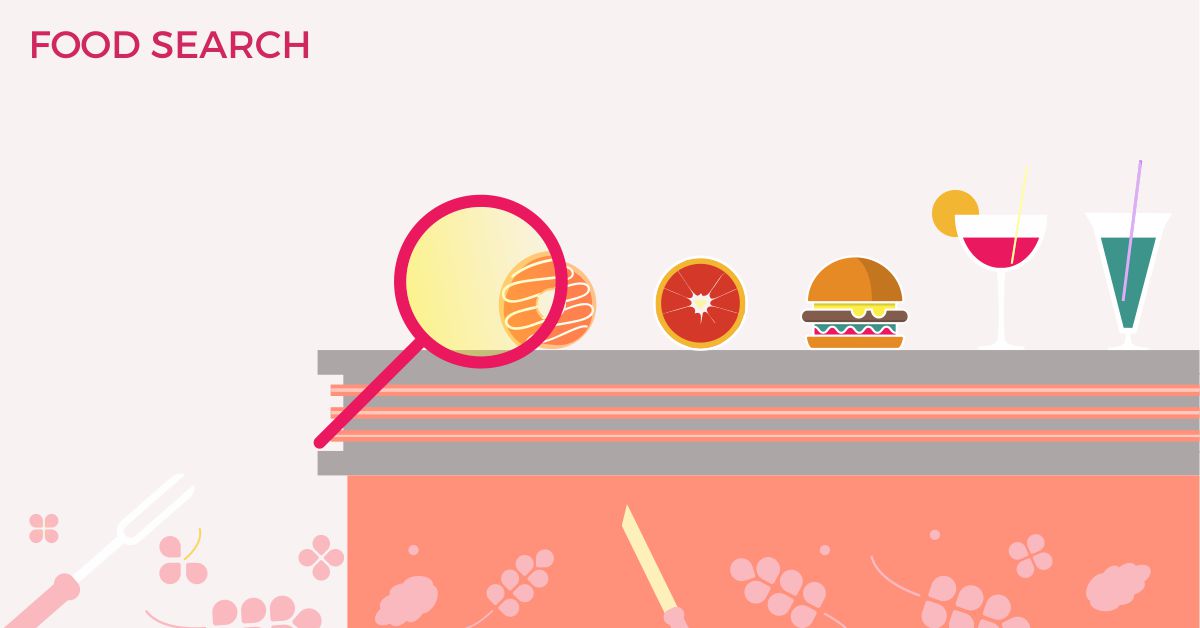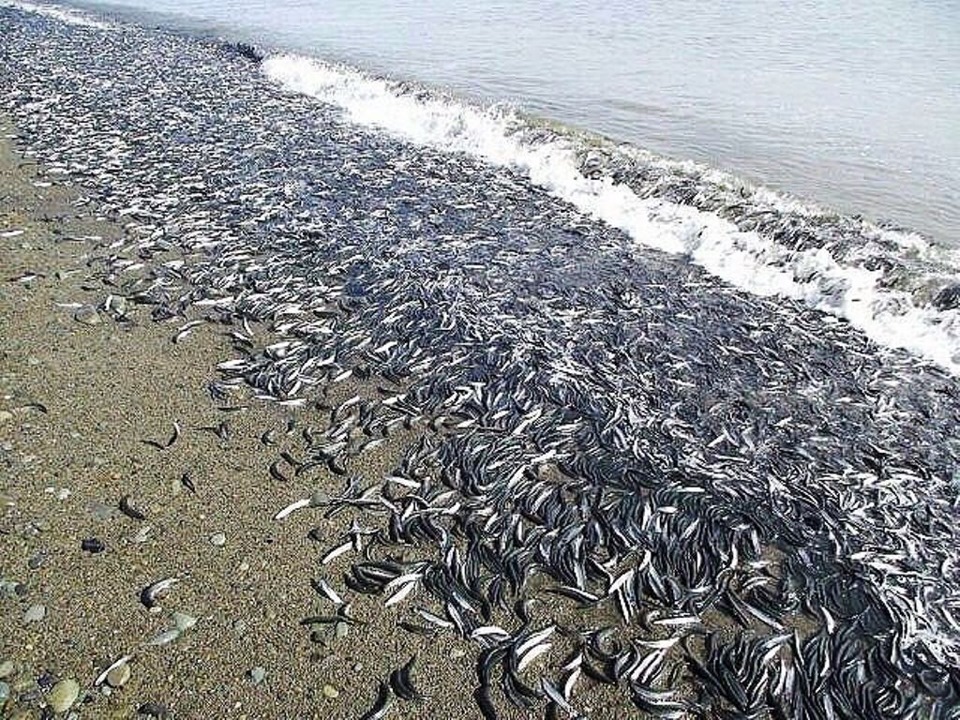Serge
Member
- Joined
- Sep 4, 2020
- Messages
- 179
I think I've come across an explanation, at least partially, why adding pretty much anything to my potato diet leads to higher blood sugar. Normally, dietary glucose and fat are named as opponents in a diet of people with insulin resistance, but look at this (machine translation, but pretty clear I think):
I think I'll stay away from my gelatine and bone broth storages for a while, even though they are good for improving the liver function and structure. But I guess coping with insulin resistance comes before that... do you think?
I am on potato diet now, in 2-3 weeks I will try to add much more fat to it and see if the low morning BG achieved through the HC diet will be affected. Say, instead of 3 kilos of potatoes with 10 grams of fat daily I will be consuming 1,5 kilos of potato and 100-120 grams of fat.
More than 30 years ago, the association of branched BCAA amino acids with insulin resistance was discovered [14, 15, 20] and has been repeatedly confirmed subsequently. Surprisingly, BCAA amino acids, rather than lipid metabolism indicators, are the main markers most closely associated with insulin sensitivity, which was confirmed in studies involving individuals suffering from metabolic syndrome [25] and in groups of Chinese and Asian men with "relatively low body weight". [62] Elevated baseline BCAA concentrations were associated with progressive deterioration of glucose tolerance and glucose distribution index over time in adolescents after 2.3±0.6 years of follow-up. [65] In the "Fiehn" study [16] it was shown that leucine and valine from more than 350 metabolites were increased in African-American women suffering from DM-2. After 12 years of follow-up, when comparing 189 individuals who developed diabetes mellitus and 189 individuals who did not develop it, identical in weight, lipid profile and other clinical indicators, five metabolites had the highest significant association with the development of diabetes in the future - leucine, isoleucine, valine, phenylalanine and tyrosine. These and other results [56, 57, 58, 34, 72] The potential key role of amino acid metabolism in the pathogenesis of insulin resistance is emphasized. [70]
14. Felig Р., Marliss E., Cahill G.F., et al. Plasma amino acid levels and insulin secretion in obesity // Med. 1969; 281:811–816.
15. Felig P., Wahren J., Hendler R., Brundin, T.J. Splanchnic glucose and amino acid metabolism in obesity // Clin. Invest. 1974; 53:582–590.
20. Gougeon R., Morais J.A., Chevalier S., Pereira S., Lamarche M., Marliss E.B. Determinants of whole-body protein metabolism in subjects with and without type 2 diabetes // Diabetes Care. 2008; 31:128–133.
34. Laferrère B., Reilly D., Arias S., Swerdlow N., Gorroochurn P., Bawa B., Bose M., et al. Differential metabolic impact of gastric bypass surgery versus dietary intervention in obese diabetic subjects despite identical weight loss // Sci. Transl. Med. 2011; 3:re2.
56. Seibert R., Abbasi F., Hantash M.F., et al Relationship between insulin resistance and amino acids in women and men // Physiological Reports. 2015; 3(5).
57. Shah S.H., Bain J.R., Muehlbauer M.J., Stevens R.D., et al. Association of a peripheral blood metabolic profile with coronary artery disease and risk of subsequent cardiovascular events // Circ Cardiovasc Genet. 2010; 3:207–214.
58. Shah S.H., Crosslin D.R., Haynes C., et al. Branched chain amino acids levels are associated with improvement in insulin resistance with weight loss // Diabetologia. 2012; 55:321–330.
62. Tai E.-S., Tan M.L.S., Stevens R.D., et al. Insulin resistance is associated with a metabolic profile of altered protein metabolism in Chinese and Asian-Indian men // Diabetologia. 2010; 53:757–767.
65. Tricò D., Prinsen H., et al. Elevated α-Hydroxybutyrate and BCAA Levels Predict Deterioration of Glycemic Control in Adolescents // J Clin Endocrinol Metab. 2017; [Epub ahead of print].
70. Wang T.J., Larson M.G., Vasan R.S., Cheng S., Rhee E.P., et al. Metabolite profiles and the risk of developing diabetes // Nat. Med. 2011; 17:448–453.
72. Würtz P., Tiainen М., et al. Circulating metabolite predictors of glycemia in middle‐aged men and women // Diabetes Care. 2012; 35:1749–1751.
I think I'll stay away from my gelatine and bone broth storages for a while, even though they are good for improving the liver function and structure. But I guess coping with insulin resistance comes before that... do you think?
I am on potato diet now, in 2-3 weeks I will try to add much more fat to it and see if the low morning BG achieved through the HC diet will be affected. Say, instead of 3 kilos of potatoes with 10 grams of fat daily I will be consuming 1,5 kilos of potato and 100-120 grams of fat.





